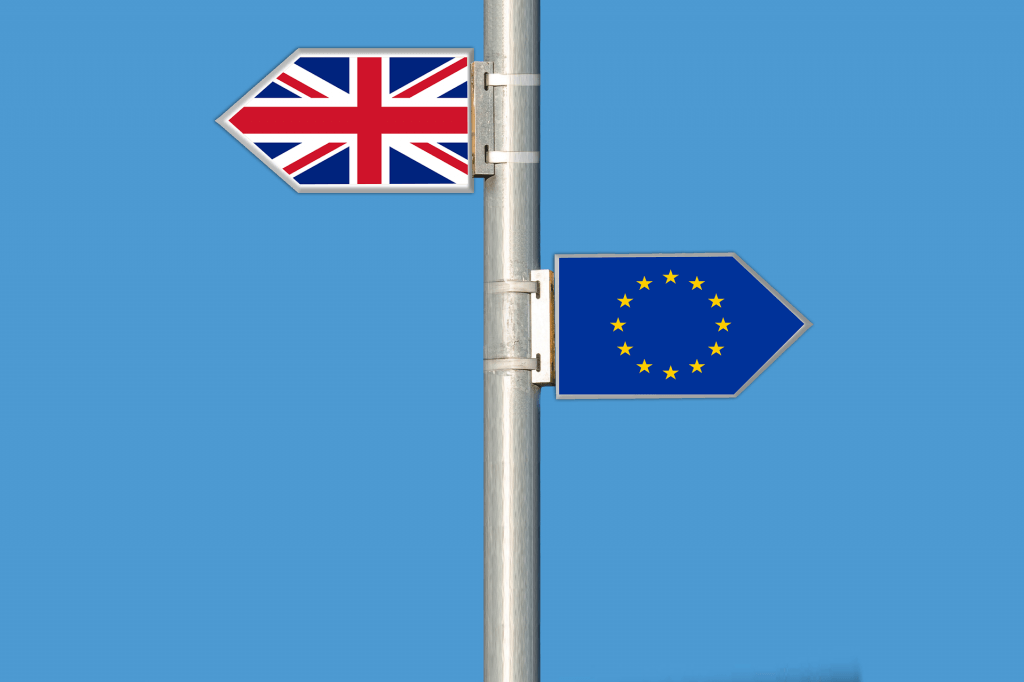Posted on February 8th 2019
Consultant Pharmacist Dr Neil Hamilton explains the current situation and urges people not to panic.
At the time of writing, it feels as though the only certain thing about Brexit is the uncertainty! My Clinical Pharmacy Team at the Royal Hallamshire Hospital and our friends at the PHA UK are being asked ever more frequently about the potential impact of Brexit on their medicines. I am also aware of the amount of discussion on social media and the internet. I can completely understand everyone’s anxiety and absolutely sympathise.
I don’t have a crystal ball or any guarantees to offer. However to dispel some Chinese whispers and scaremongering that you may have heard from a very busy rumour mill, I wanted to give you some facts about the state of play nationally; firstly in general terms, and also what we have been doing within the PH community.
The prospect of a ‘no-deal’ Brexit has become more likely following the defeat in parliament of the Government’s proposed withdrawal agreement. A national body, the Pharmaceutical Services Negotiating Committee (PSNC) has been ‘deploying all necessary resources’ to maintain supplies of medicines to patients when the UK leaves the EU at the end of March. They are focussing on contingency planning with the Department of Health and Social Care (DHSC) so the impact on community pharmacies is minimised.
Recently the Chief Pharmaceutical Officer, Dr Keith Ridge issued communication to summarise the work underway. His summary included the following plans;
It is clear that a ‘no-deal’ Brexit will be an extremely challenging time but the focus of the Pharmaceutical Services Negotiating Committee (PSNC), the Department of Health and Social Care (DHSC) and the pharmaceutical industry will be to ensure that patients will be able to get their medicines and vaccines, regardless. For their part, a European body representing the industry is also calling on negotiators to agree a series of actions to protect patients. These measures include fast-track lanes for priority routes through ports and airports. I understand that they are even considering making raw materials exempt from border checks so as not to affect the production of medicines.
Dr Ridge emphasised that over-ordering and stockpiling locally by pharmacies is not helpful or appropriate. This would only add pressure on the availability of medicines for patients elsewhere. Please bear this in mind – even at your individual level.
Within PH, representatives from all the UK centres have met (and been reassured by) the homecare companies to ensure that they have plans in place to cope with maintaining supplies of the medicines, pumps and consumables needed.
My advice is to be particularly careful over your stocks and reordering of prescriptions to ensure that you have enough medication to get across 29th March. However I do not advise stockpiling as this could deprive someone elsewhere access to their medication. At this stage we just don’t know what will happen and how it will impact us, but be reassured that there is a huge amount of work being done both here and in Europe to minimise the risk of medicine supply interruption over Brexit.
